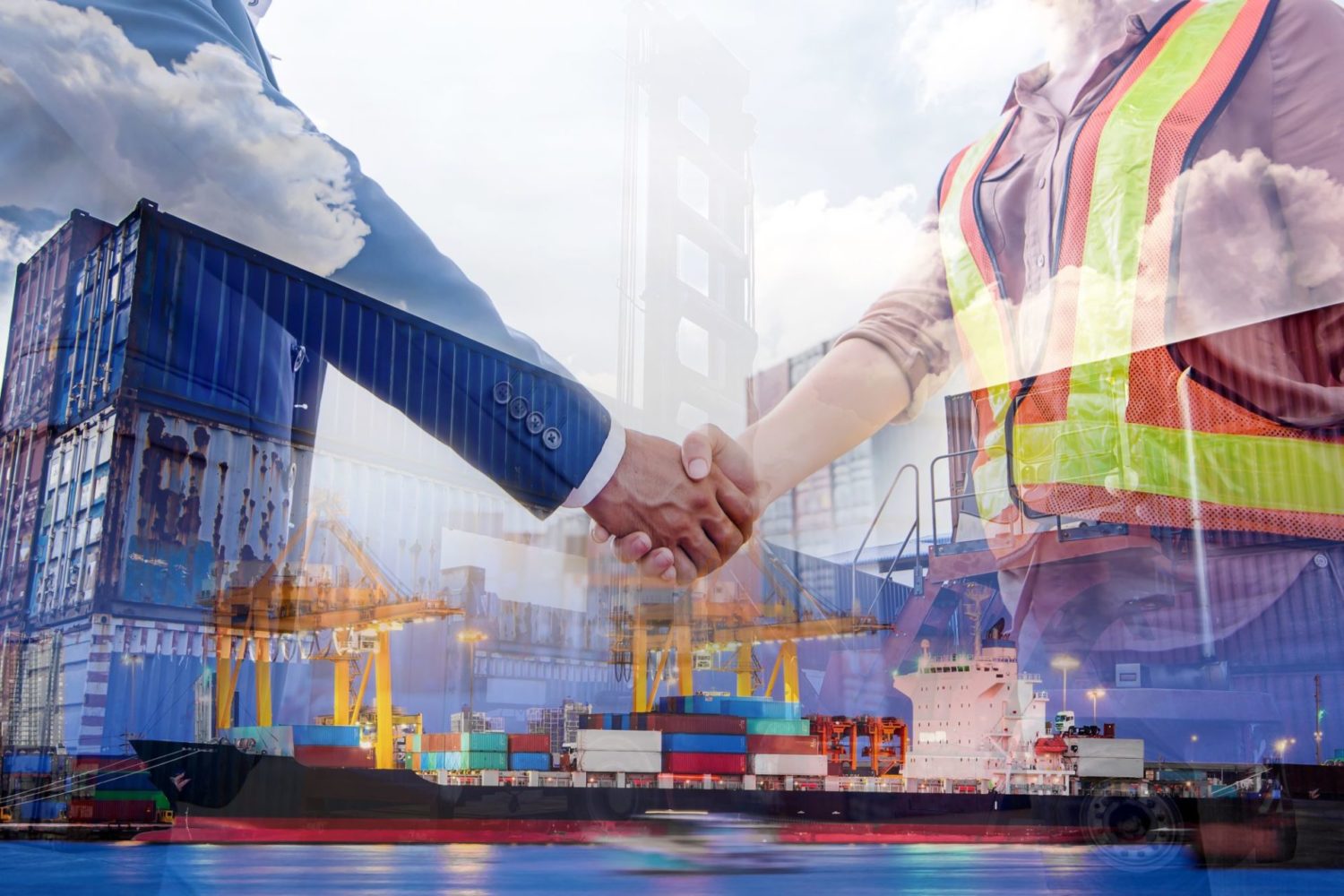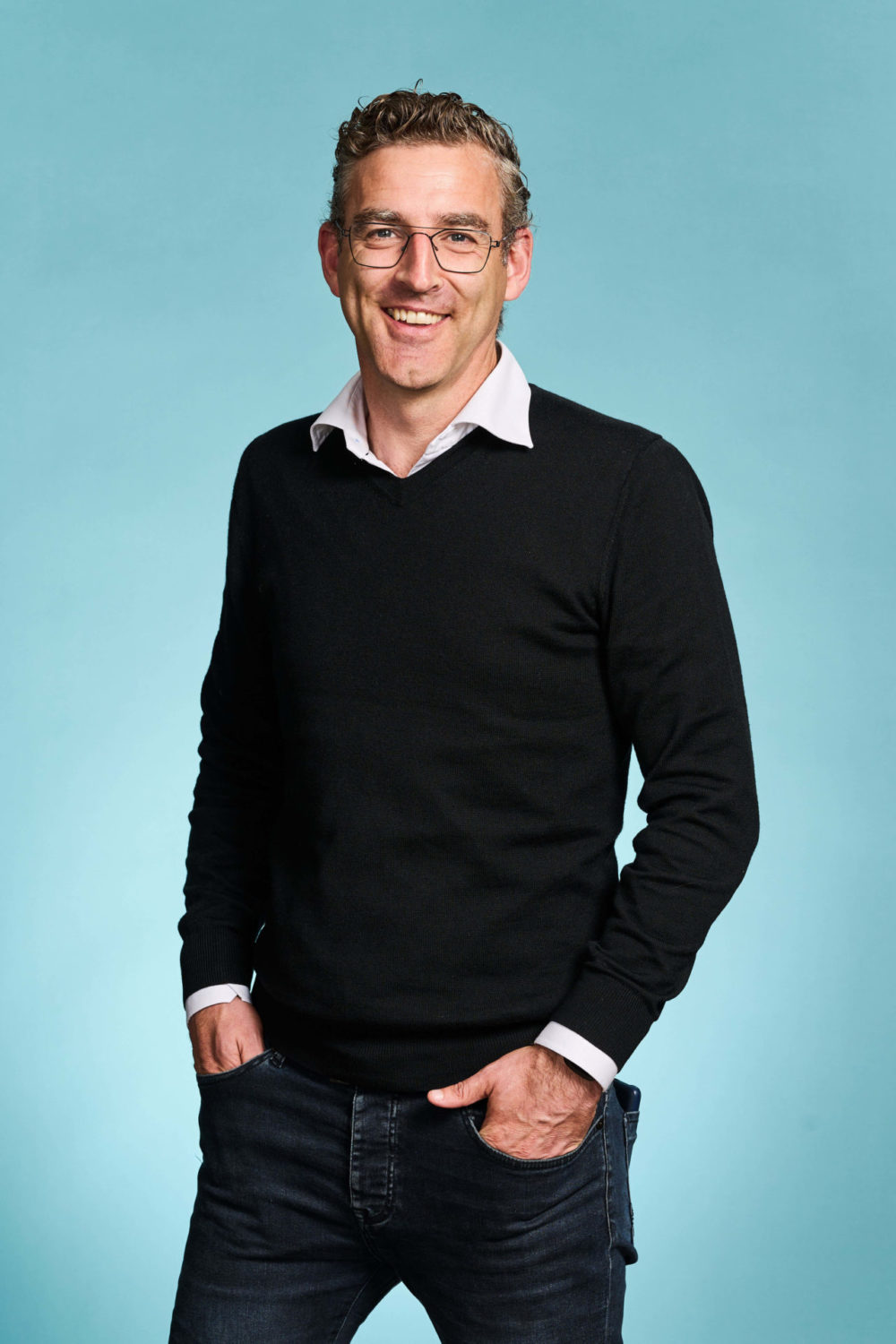

Personnel, raw materials, products, energy, water, space. It seems like we are "suddenly" short of everything. Is it a matter of getting used to, or is this general scarcity a temporary phenomenon? And above all, what are we doing about it?
Anyone ordering a kitchen already knows: it could take a year. Installing a new production line? Next year we expect the parts. Plans for sustainability? Just join the back of the line. It seems like overnight we have entered a reality where waiting times are the norm. And that takes some getting used to. Because that "ordered today, delivered tomorrow," was actually kind of nice, too.
Explanations for that shift abound. 'Corona' is one. Production facilities fell silent, staff sat at home. War in Ukraine is another such force. Such temporary phenomena play a role, but more important is what happened in the many years behind us. Exemplary in that regard is the case of the Ever Given. The ship ran aground in the Suez Canal in March 2021, blocking the shipping lane for six days. Consequence: major logistical problems for all the world's major companies and service providers, the aftermath of which we are still feeling today.
The incident shows how fragile the system we have rigged over the past few decades is. When all the cogs turn as they should, it works perfectly. Raw materials and semi-finished goods travel the world at tremendous speed, supplying production facilities just in time. Finished products find consumers across the planet at that same speed and continuously. Very efficient, very cheap. Until one of the cogs falters. Then the system collapses like a house of cards.
We now live in a time when we are still catching up. At the same time, the realization has set in that the way the supply chain was organized has become too fragile. So we are in a phase where we are folding back. The importance of security of supply has never been clearer. So lines are being shortened. Stocks are back, production facilities are being built closer to home. From a northern, Dutch, European perspective: dependence on producers in Asia and the US must be reduced. That is exactly what northern companies are already doing. With closer production, with bringing more back home.
This does present new challenges, which also have to do with scarcity. Land is not available in abundance. Space is occupied, nitrogen throws a spanner in the works, opponents of industrial construction stir. The Eemshaven and the Rundedal in southeast Drenthe are the last two large greenfield sites for the time being. It is important to investigate possible new large-scale locations now, but also to see what is possible with revitalization on existing sites.
But then we must come to terms with other manifestations of scarcity: that of energy and especially the shortage of human resources. Something similar applies to energy as it does to the supply chain: occasional events make worse what has been undeniably going on for some time. That our own natural gas stays better in the ground because of known problems is a challenge to gas supply. The war in Ukraine is a direct cause of the sharp rise in energy costs. Those two factors add up hard. But actually, we have been living for many years with the knowledge that fossil energy is finite and therefore naturally becoming scarcer. Apart from that, we have to save the climate and essentially want this form of energy to become scarcer.
So we have to work hard on it, harder than we have done so far. The Northern Netherlands is ideally positioned to make a serious contribution to this. Wind farms, solar farms, power cables, research institutes. All forces that coalesce here. Hydrogen is perhaps the first thing that pops up in this light. And yes, we are very far along in that. We are even a pilot area designated by Europe. Experimenting we must, all of us. Trying out, testing, thinking, researching and following through. But not only in the field of hydrogen.
All ways to get rid of fossil fuels should be embraced and given a chance. Also in the Northern Netherlands. Focus on hydrogen is fine and necessary, but we must keep a broad view. Look at battery technology, for example. The Northern Netherlands is working on this at a high level of knowledge, such as within Professor Tromp's department at the RUG.
What about the people? Those are hard to find. Very difficult. And yet we need them desperately to keep production facilities running here, to get renewable energy initiatives off the ground. We must look honestly at this challenge: the future does not look very rosy, caused in part by an aging population. In healthcare, in technical professions, in education: there is already an acute shortage of personnel. If we do nothing, it will only get worse.
The trend that young people "don't want to get their hands dirty" is not of today or yesterday. Technical courses have been under-attended for years, when the shortage of skilled workers is at its greatest. The attractiveness of care and education professions also has a problem. Making vocational training cool again. That's part of the solution. But a very difficult one that takes a lot of time. In addition, we need to come up with something faster. Robotization, industry 4.0 or 5.0. Those are terms that are going to become more and more important. Technology is taking over what human hands no longer fill in. And it could well be that, in addition, we will have to look more and more across borders to fill even more job vacancies. That's the honest story.
Plans must be made, hands folded and arms rolled out. Only in this way can we somewhat alleviate the negative effects of scarcity on all fronts. Money is also needed for this. A lot of money. Well, in recent years that was a commodity that was precisely not scarce. But that too is slowly but surely changing. And that means we have to distribute the pots very well. What is promising deserves support.
Not because we need to go back to the way it was before scarcity became ubiquitous. It won't be like that anymore. We are living with a new normal, to which there are not only disadvantages. For our planet, for example, high energy prices are not a punishment. They are an outright transition accelerator to sustainable alternatives.
This transition that is being accelerated by all this scarcity provides great opportunities. Whoever comes up with the best solutions now will be the winner later. We in the Northern Netherlands can play our part. Short lines, strong networks, good ecosystems. As long as we see the opportunities and seize them together, we can turn the new normal into a wonderful reality.
These cookies ensure that this website functions properly. We also keep anonymous website statistics with these cookies. Because these cookies are strictly necessary, you cannot reject them without affecting the functioning of the website. You can block or delete these cookies by changing your browser settings, as described in our privacy statement.
These cookies collect information used to help us understand how our website is used or how effective our marketing campaigns are. Also, these cookies help us customize this website to improve your user experience.
These cookies allow your browsing behavior to be monitored by advertising networks, allowing us to display ads based on your interests and browsing habits. These cookies also perform functions that, among other things, prevent the same advertisement from appearing continuously.
